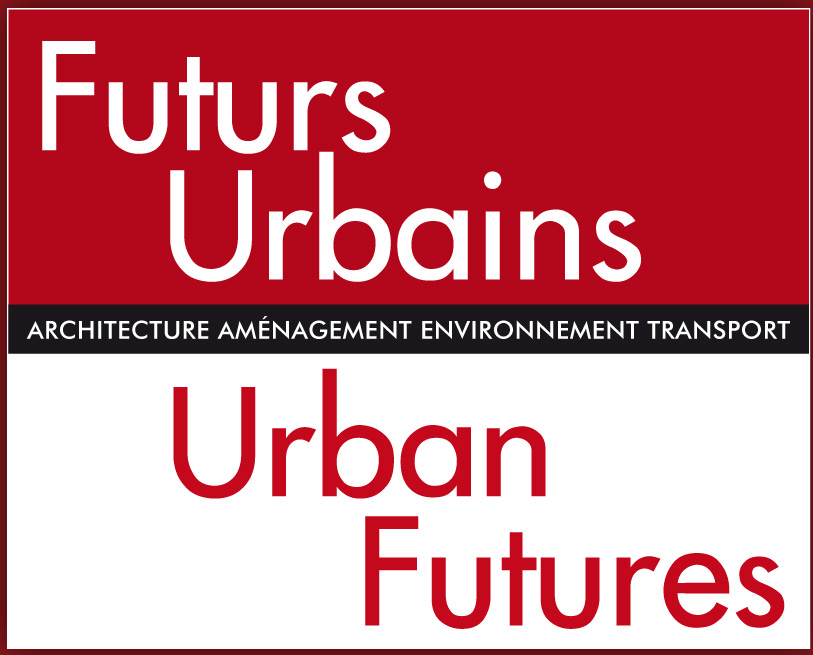Presentation of project
The digital boom is driving profound social changes in individuals behavior, the production of new services, governance and citizen participation arrangements. It is also generating a huge mass of data on lifestyles and the workings of cities and paying the way for new research methods in the engineering sciences and the humanities and social sciences. So digital technology is helping to revamp conceptual and empirical approaches to the city in these disciplines.
- Background
The City and Digital Transversal Group focuses on city-digital relations based on the rapidly increasing penetration of digital technology into the cities of the future. A side from the themes that receive extensive media coverage of big data and the smart city, this research is needed to gain a better understanding of the consequences of the increased penetration of everything digital into urban spaces for the different stakeholders involved, i.e., individuals, private stakeholders and public authorities. For example, the multiplication of the number of sensors in the city and the use of mobile technologies for producing and collecting both quantitative and qualitative data that generate a mass of data that is transforming individual practices (i.e., mobility, energy and water consumption, etc.) as well as the way in which urban networks work and are operated.
Such data availability raises numerous issues in terms of urban uses, practices and management : access to data, new services, new stakeholders and lifestyles, user buy-in or misappropriation of infrastructure / services, socio-spatial inequalities, environmental impact, and redistribution of expertise concerning the city and how it works (digital vs. statistical modelling).
Objectives
The "City and digital" Transversal Group has a dual objective.
First, grouping together these initiatives in order to exchange and produce fresh theoretical and empirical knowledge, to demonstrate the extent of the LABEX research lab's expertise in the area, to consider ways of streamlining the offering and of new learning requirements, and to develop joint research/activities for gaining recognition - especially international recognition - for the major issues relating to the increased use of digital technology by the various different urban stakeholders.
Second, to enhance visibility of LABEX's related skills and expertise, particularly public stakeholders. The Transversal Group will focus especially on the fit with the "City of the future" conference cycle that strives to forge a dialogue with the domains of research and culture.
Thus, the Group aims to drive a scientific and technical debate on the relations between :
- proliferation of data (their quality and accessibility) and their uses ;
- changes in urban lifestyles linked to the increased use of digital technology, particularly in new urban services ;
- changes in the forms or urban governance, notably for cities that use new modeling applications or new types of indicators (apps and systems that both consume and generate data).
Themes
Research is organized around the following themes :
| Data | access, uses (notable for understanding mobility with a blend of data science and human and social science based approaches), production (sensors), privacy, data exploitation / visualisation, notably for the local region ; the issue of data quality and (pre)processing. |
| Urban modeling and model cities | practices for modeling and incorporating sector-based models, simulation of environmental impacts, ways of representing and visualising models findings, model uses and simulations in urban planning and management policies ; the fit between models and decision-making tools ; comparing and contracting traditional models and massive data learning techniques. |
| Practices and lifestyles | new digital-based practices (mobility, transport of goods, energy, water, etc...), uses and take-up of technical processes (domotics, mobile apps, etc.). |
| Social impacts | social and spatial inequalities, new forms of social control. |
| Smart city and urban stakeholders | strategies and reconfiguration of stakeholders (digital technology players, starts-ups, traditional players involved in urban planning), professional practices, new services (notably in the area of transport and the mobility of goods and people), business models, and legal and regulatory aspects. |
| Urban planning and governance | production and use of massive digital data by decision-makers, e-democracy ; alternative data production by citizens ; setting up performance measurement systems using models and indicators that measure impacts on public decisions ; data-related conflicts. |

